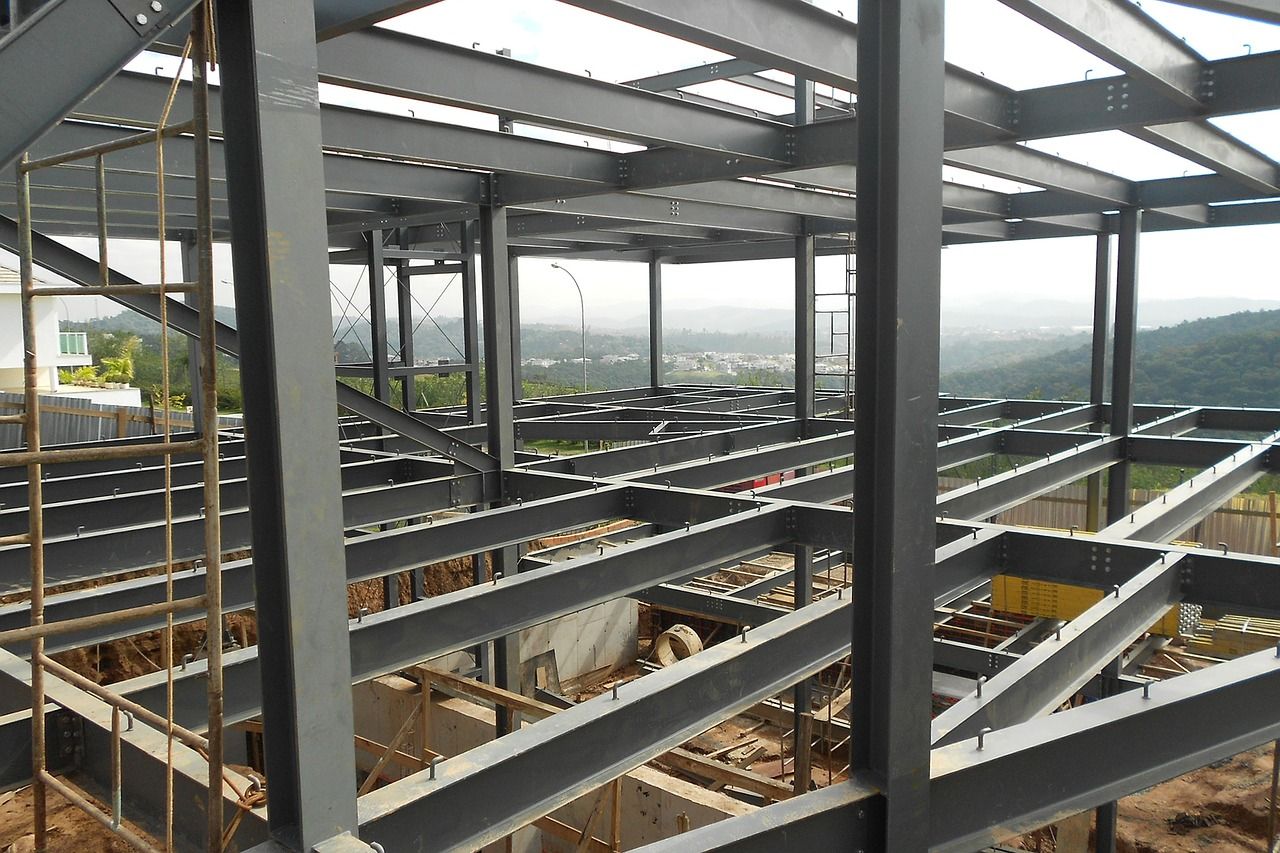6 Ways Steel Frame Houses are a Sustainable and Durable Choice
In the quest for sustainable and durable housing solutions, steel frame houses have emerged as a game-changer in the construction industry. With their superior strength, design flexibility, and environmentally friendly attributes, steel frame houses offer a host of advantages that make them a smart choice for both homeowners and the planet. Here’s how steel frame houses in Cyprus are a sustainable and durable option for the future of construction.
Reduced Environmental Impact:
One of the most compelling reasons to opt for steel frame houses is their significantly reduced environmental impact. Unlike traditional construction materials like wood, the production of steel involves recycling and reusing materials, thereby reducing the demand for raw resources. Furthermore, steel is 100% recyclable, which means that at the end of a building’s life cycle, the steel components can be recycled and repurposed instead of ending up in landfills.
Energy Efficiency:
Steel frame houses can be designed with energy efficiency in mind. The material’s inherent strength allows for large open spaces and creative architectural designs, enabling homeowners to incorporate energy-saving features like ample natural lighting, well-insulated walls, and energy-efficient windows. Additionally, steel’s thermal properties contribute to better insulation, reducing heating and cooling needs and lowering overall energy consumption.
Durability and Longevity:
Steel is renowned for its exceptional strength and durability. Unlike wood, steel does not rot, warp, or split, making it highly resistant to pests and decay. Metal houses in Cyprus can withstand extreme weather conditions, including hurricanes, earthquakes, and high winds, providing homeowners with a sense of security and peace of mind. Thanks to its durability, steel-frame houses typically have a longer lifespan than traditional wood-framed homes, reducing the need for frequent repairs and replacements.
Minimal Waste during Construction:
Steel frame houses are prefabricated, meaning they are manufactured off-site and then assembled on location. This process results in minimal waste during construction compared to conventional on-site building methods, where a significant amount of construction material often ends up as waste. By minimising waste, steel frame houses contribute to a more sustainable building process and help conserve valuable resources.
Water Efficiency:
Sustainable construction practices involve conserving water, and steel frame houses play a role in this regard as well. With careful design and planning, rainwater harvesting systems can be integrated into steel frame structures to collect and reuse rainwater for non-potable purposes like watering gardens or flushing toilets. This water efficiency further reduces the demand for fresh water and lowers the strain on local water supplies.
Health and Indoor Air Quality:
Steel is an inorganic material, which means it does not support mould growth or release harmful chemicals. As a result, steel frame houses promote better indoor air quality, creating a healthier living environment for occupants. Improved indoor air quality reduces the risk of respiratory issues and enhances the overall well-being of residents.
Metal frame houses in Cyprus have emerged as a sustainable and durable alternative to traditional construction methods. By opting for steel frame houses, homeowners not only invest in a durable and secure living space but also contribute to a greener, more sustainable future for generations to come.
